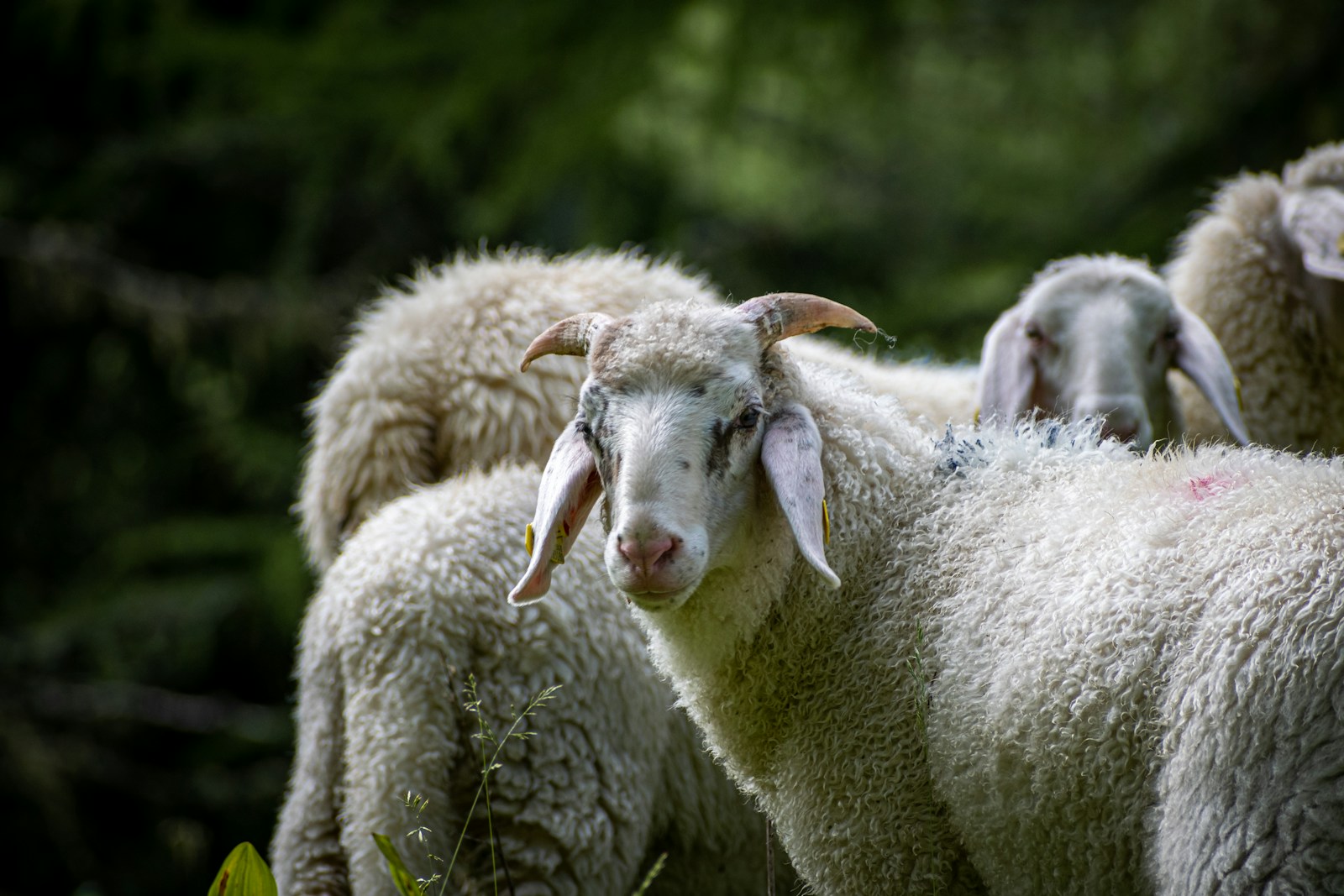
lana

wool
The Spanish word 'lana' translates to the English word 'wool'. Wool is a natural textile fibre obtained from sheep and some other animals, including goats, llamas, and certain species of rabbits. It is used in various forms of clothing and textiles due to its various benefits, such as its ability to retain heat, its durability, and its natural resistance to moisture and dirt.
Example sentences using: lana
La oveja produce lana.

The sheep produces wool.
This statement is utilizing 'lana' to denote 'wool', a material that is traditionally harvested from sheep. The sentence structure is clear and basic, using a subject ('La oveja' or 'The sheep'), verb ('produce' or 'produces'), and object ('lana' or 'wool').
Compré un abrigo de lana.

I bought a wool coat.
The usage of 'lana' in this context points to it being a material used in the making of an item, in this case, a coat. In Spanish, the preposition 'de' is used to show what something is made of, similar to the English 'of'.
Necesito más lana para tejer esta bufanda.

I need more wool to knit this scarf.
In this sentence, 'lana' represents a requirement or need for a task. The task here being 'knitting a scarf', and 'lana' or 'wool' being the medium used in the task.